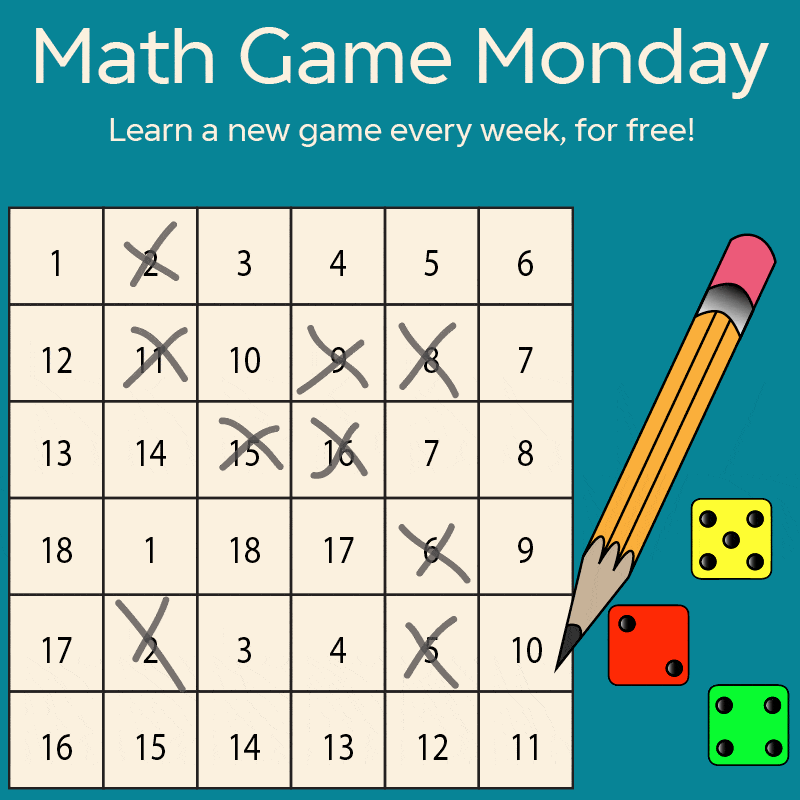Fantastic Maths Games to Boost Your Year 6 Child’s Skills!
Hello amazing parents! Are you looking to sprinkle some joy into your child’s maths learning? You’re in the right place! Let’s turn those numbers and equations into a world of fun with some marvelous maths games for Year 6 students. With the right mix of entertainment and education, your kids will be acing their maths challenges in no time. Let’s dive in and discover the magic of maths games!
Why Maths Games are a Win-Win for Year 6 Learners
At Year 6, students are gearing up for some significant milestones, like SATs or transitioning to secondary school. It’s a pivotal time for reinforcing their numeracy skills. Maths games can be an incredible tool for this. They blend learning with play, helping children:
- Reinforce and practice math concepts in a stress-free environment
- Develop strategic thinking and problem-solving skills
- Boost their confidence with numbers
- Encourage positive attitudes towards mathematics
And the best part? They won’t even feel like they’re studying!
Game #1: Fraction Action
Understanding fractions is a piece of cake when it’s combined with an exciting game! Fraction Action involves piecing together fractional parts to form a whole. This game can be played with cards, board games, or even online platforms.
Here’s how it works:
- Each player starts with a stack of fraction cards.
- Players draw cards and must find a way to combine them to make a complete item, like a whole pizza or a full cookie jar.
- The first one to combine their fractions to make whole units wins the round.
Skills reinforced: Addition and subtraction of fractions, understanding of numerators and denominators, and simplification of fractions.
Game #2: Measure Treasure Hunt
Turn your home into a maths adventure land with Measure Treasure Hunt! This interactive game will get your Year 6 kiddo up and moving—and the best part? They’ll be practicing their measuring skills in a real-world context.
How to set up:
- Hide a series of objects around your house or classroom.
- Create a treasure map that includes various measurement instructions to find the objects, like ‘Walk five meters north’ or ‘Find an object that measures 10 centimeters.’
- Provide your child with a ruler or tape measure and let the fun begin!
Skills reinforced: Estimation, measuring length, understanding of units of measurement, and spatial awareness.
Game #3: Angle Explorer
Angles are everywhere! Angle Explorer encourages children to become detectives in their own home, identifying different angles in everyday objects. This game can be a hands-on activity or even an interactive digital quest.
Here’s the angle on it:
- Equip your young explorer with a protractor and a notepad.
- Challenge them to find and measure different angles around the house or outside.
- For a competitive twist, set a timer and see how many angles they can find and correctly measure within the time limit!
Skills reinforced: Angle identification, measurement of angles, and familiarity with geometric terms.
Engaging in maths games can transform the way your child sees mathematics. It’s not just about getting the right answer; it’s about enjoying the journey to finding that answer. Stay tuned, as we’ll explore even more captivating games designed to bolster your child’s mathematical abilities! Remember, when learning becomes a game, everyone wins!

Five Things Parents Should Know When Preparing Maths Games for Year 6
Playing maths games with your Year 6 child is not just about having fun. There’s strategy involved too! Here are five essential tips to ensure that the games are as beneficial as they are enjoyable:
1. Choose the Right Level of Difficulty
Maths games should be challenging enough to keep your child engaged but not so difficult that they become frustrated. Look for games that align with their current curriculum to reinforce what they’re learning in school. If a game is too easy, they’ll get bored; too hard, and it might discourage them.
2. Incorporate Different Types of Learning Styles
Every child learns differently. Some may be visual learners, others kinesthetic or auditory. When selecting maths games, try to find ones that cater to a variety of learning styles. This approach helps to ensure that no matter how your child learns best, they can benefit from the activity.
3. Use Real-World Applications
Games that apply maths to real-life scenarios can make learning more meaningful. Whether you’re cooking and measuring ingredients together or shopping and talking about prices and change, real-world applications help children understand why maths is important.
4. Balance Independent Play with Cooperative Games
While independent games can help your child develop self-reliance and concentration, cooperative games encourage teamwork and communication. Provide a mix of both to develop a well-rounded set of skills. Plus, playing maths games together can make for some excellent family bonding time!
5. Encourage a Growth Mindset
A growth mindset is key in any learning process. Encourage your child to think of challenges as opportunities to grow. If they don’t win a game or struggle with a problem, remind them that it’s all part of the learning process. Celebrate their efforts and resilience, not just their victories.
By keeping these five tips in mind, you can create a learning environment that’s nurturing, challenging, and a whole lot of fun. Maths games are a wonderful way to not only improve maths skills but also to encourage a lifetime love of learning. So pick a game, set aside some time, and get ready for some maths magic!
Remember: Maths games are not a replacement for homework or study time, but a complement that makes the learning experience more dynamic and enjoyable. And there’s no better way to learn than when you’re having a blast!
As parents, you are your child’s primary educators. By actively participating in their learning journey, especially with games, you’re showing them that education can be exciting and rewarding. So grab those fraction cards, dust off the measuring tape, and prepare for an educational adventure that both of you will treasure!
Stay tuned for even more maths game suggestions and a treasure trove of tips for how to keep your child constantly engaged with maths, even outside of the classroom. In the meantime, let those numbers roll and add up to some wonderful learning moments!
See more great Things to Do with Kids in New Zealand here. For more information see here
Disclaimer
The articles available via our website provide general information only and we strongly urge readers to exercise caution and conduct their own thorough research and fact-checking. The information presented should not be taken as absolute truth, and, to the maximum extent permitted by law, we will not be held liable for any inaccuracies or errors in the content. It is essential for individuals to independently verify and validate the information before making any decisions or taking any actions based on the articles.




